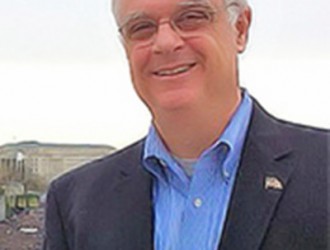
The agency for a year had been working through a solicitation to bring on additional private companies to beef up the PreCheck application network as it works toward the Department of Homeland Security's goal of enrolling 25 million people in trusted-traveler programs (PreCheck and Global Entry) by 2019. At present, PreCheck enrollment is close to 4 million, TSA says.
In late October, however, the TSA withdrew the solicitation, citing "the increased and evolving cybersecurity risks over the past year."
In particular, the TSA noted concerns about the ability to ensure that vendors safeguard sensitive testing data. The request for proposal (RFP) had called for vendors to present solutions that would allow them to successfully pre-screen large populations of applicants for such issues as a citizenship and criminal backgrounds.
"While risk mitigations were included in the current RFP testing approach to protect the sensitive data during testing, the TSA has determined it will no longer accept the risk associated with sharing test data," the agency said.
The TSA added that it is working to issue a new solicitation with beefed up cybersecurity protocols.
Increasing enrollment in PreCheck is a goal of both the TSA and travel industry advocates, who cite the efficiency and safety enhancements that trusted-traveler programs bring to airport security checkpoints. PreCheck members move more quickly through screening lines than other travelers because they don't have to remove shoes, jackets or belts, or take laptops out of carry-on bags.
The U.S. Travel Association upped the volume on its longstanding push for more robust PreCheck enrollment option last May, when airport security lines that frequently stretched for more than hour made national headlines.
In an email to Travel Weekly on Tuesday, the organization expressed disappointment that the withdrawn solicitation has derailed PreCheck expansion efforts.
"While we understand that TSA is actively working on a revised RFP that will align with the Department of Homeland Security's cybersecurity best practices, it cannot come soon enough," U.S. Travel senior director of government relations Lorraine-Howerton said. "It is imperative that the TSA grow PreCheck in order to continue providing optimum security while giving travelers a more hassle-free experience."





